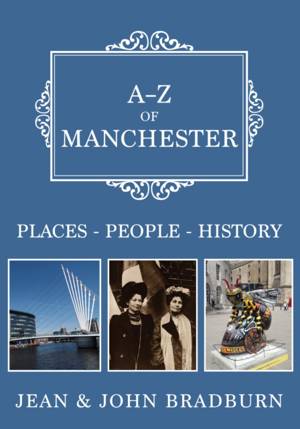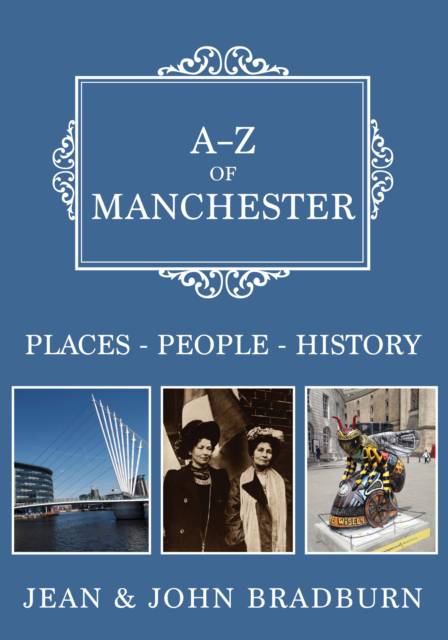
- Retrait gratuit dans votre magasin Club
- 7.000.000 titres dans notre catalogue
- Payer en toute sécurité
- Toujours un magasin près de chez vous
- Retrait gratuit dans votre magasin Club
- 7.000.0000 titres dans notre catalogue
- Payer en toute sécurité
- Toujours un magasin près de chez vous
Description
Manchester can boast an unparalleled heritage. The 'Second City of the Empire' gave the world technological innovation as well as manufacturing strength. Its wealth came from textile manufacture during the Industrial Revolution. The great majority of cotton spinning took place in the towns of south Lancashire and north Cheshire, and Manchester was for a time the most productive centre of cotton processing in the world, earning it the sobriquet 'Cottonopolis'. The city's population grew at an astonishing rate in the early nineteenth century as people flocked there for work from other parts of the UK. The firms that made machines for the cotton trade diversified into general manufacture, the chemical industry expanded into other areas, financial service industries began to flourish and its transport and distribution infrastructure expanded. The boom ended as dramatically as it has begun with the death of the textile industry and waning of the city's role as a major inland port. By the end of the twentieth century, however, industrial decline and mass unemployment had given way to inner-city regeneration and by the turn of the century Manchester had rediscovered its swagger and successfully transformed itself into a thriving post-industrial centre of arts, culture and commerce. Well-known local authors and historians Jean and John Bradburn take the reader on a fascinating A-Z tour of the city's history, exploring its lesser-known nooks and crannies, and along the way relating many a tale of the most interesting people and places. Fully illustrated with photographs from the past and present, A-Z of Manchester will appeal to residents and visitors alike.
Spécifications
Parties prenantes
- Auteur(s) :
- Editeur:
Contenu
- Nombre de pages :
- 96
- Langue:
- Anglais
- Collection :
Caractéristiques
- EAN:
- 9781445684598
- Date de parution :
- 15-02-19
- Format:
- Livre broché
- Format numérique:
- Trade paperback (VS)
- Dimensions :
- 165 mm x 234 mm
- Poids :
- 298 g

Les avis
Nous publions uniquement les avis qui respectent les conditions requises. Consultez nos conditions pour les avis.






